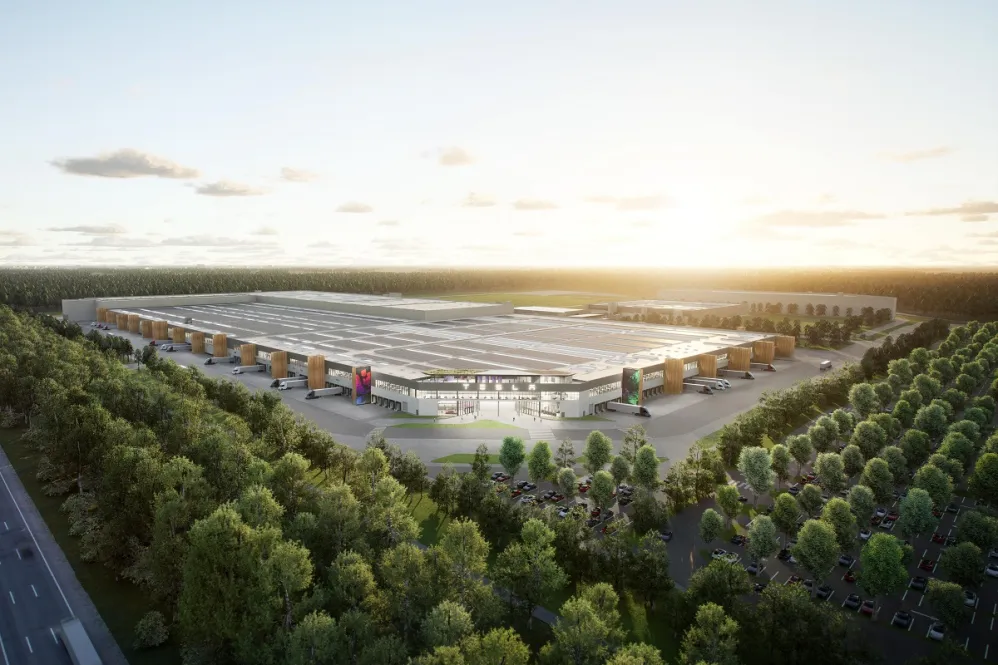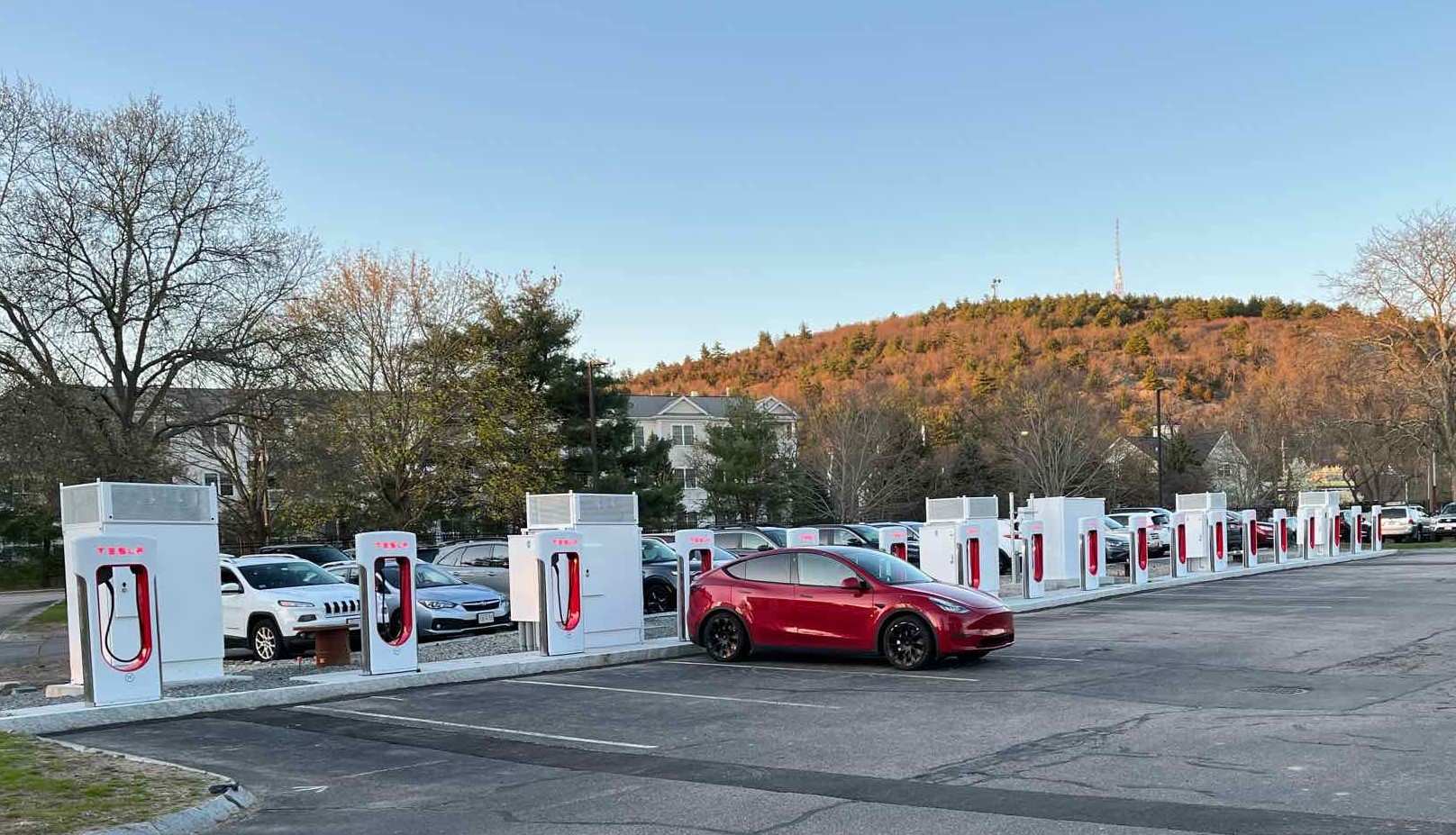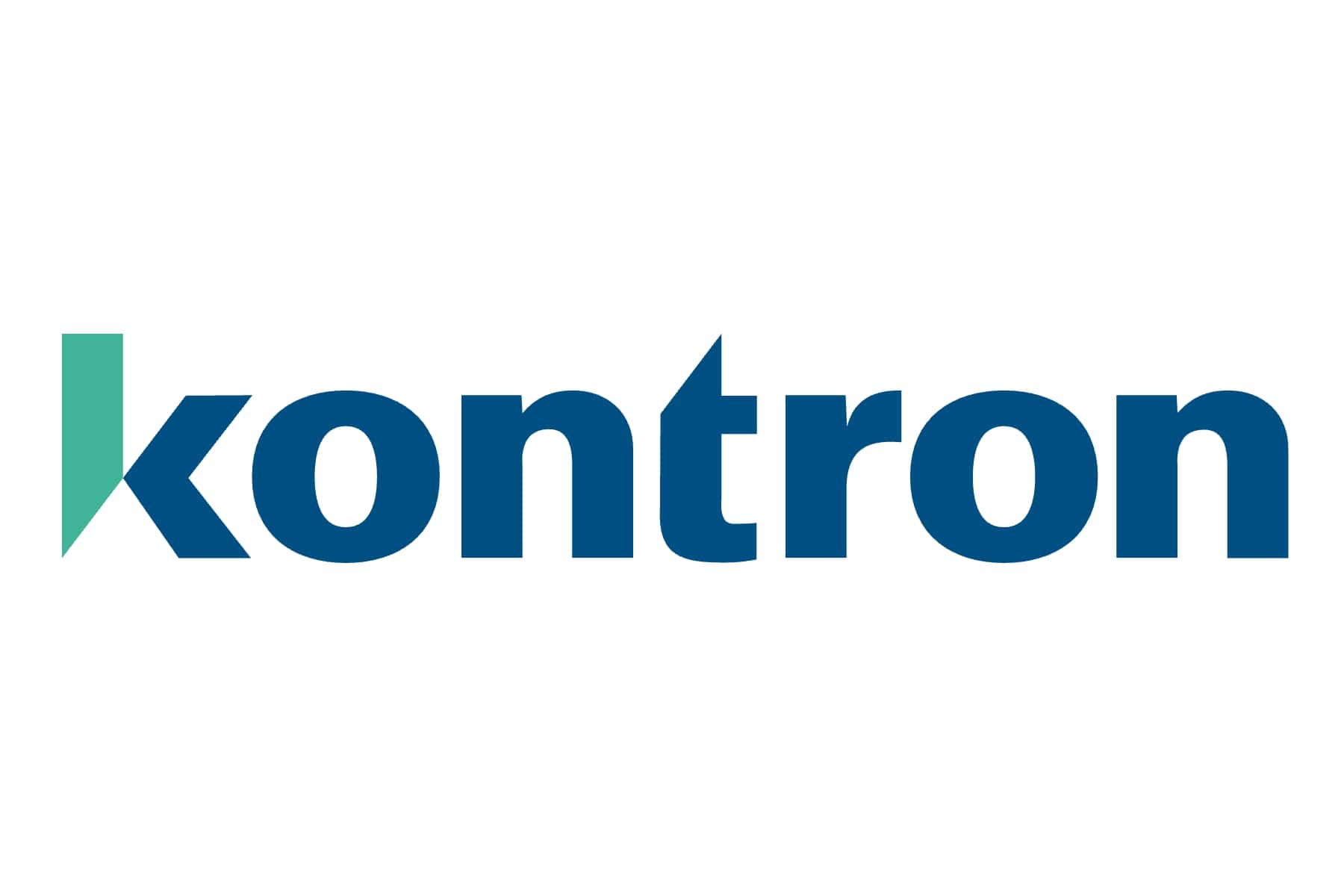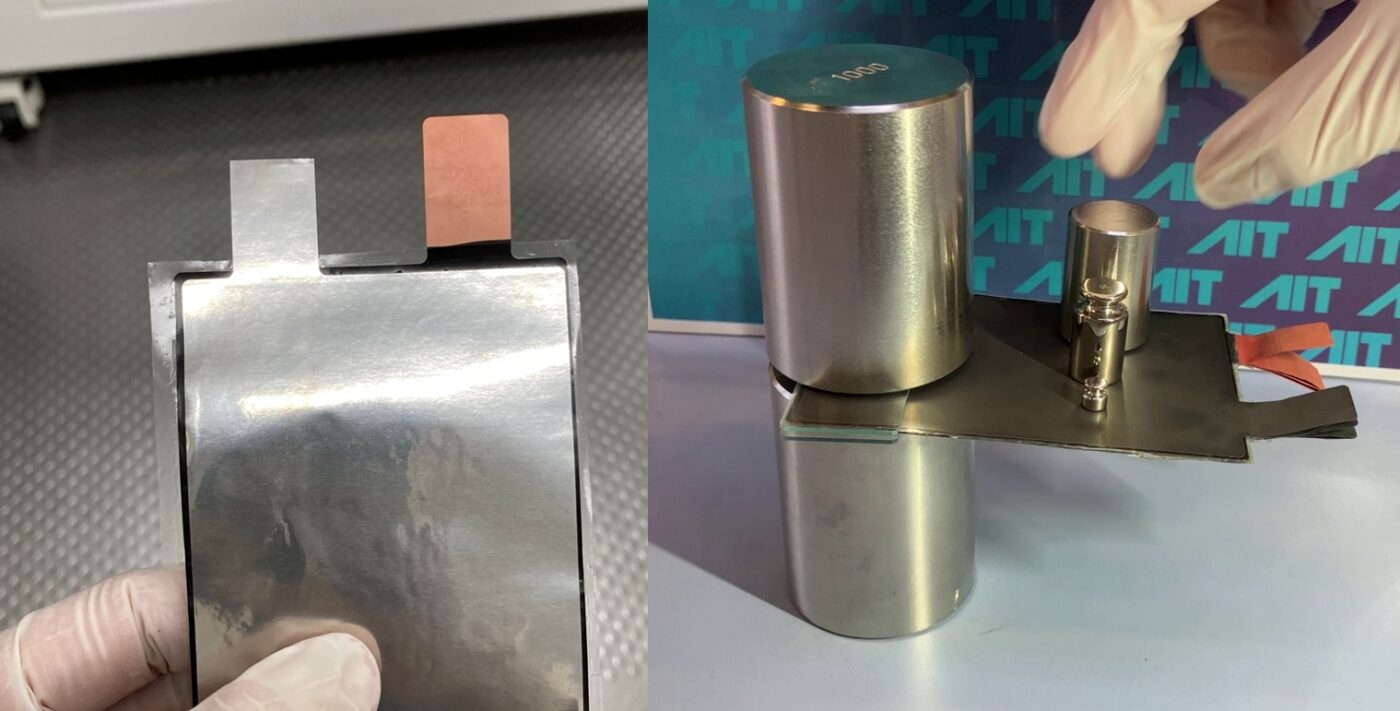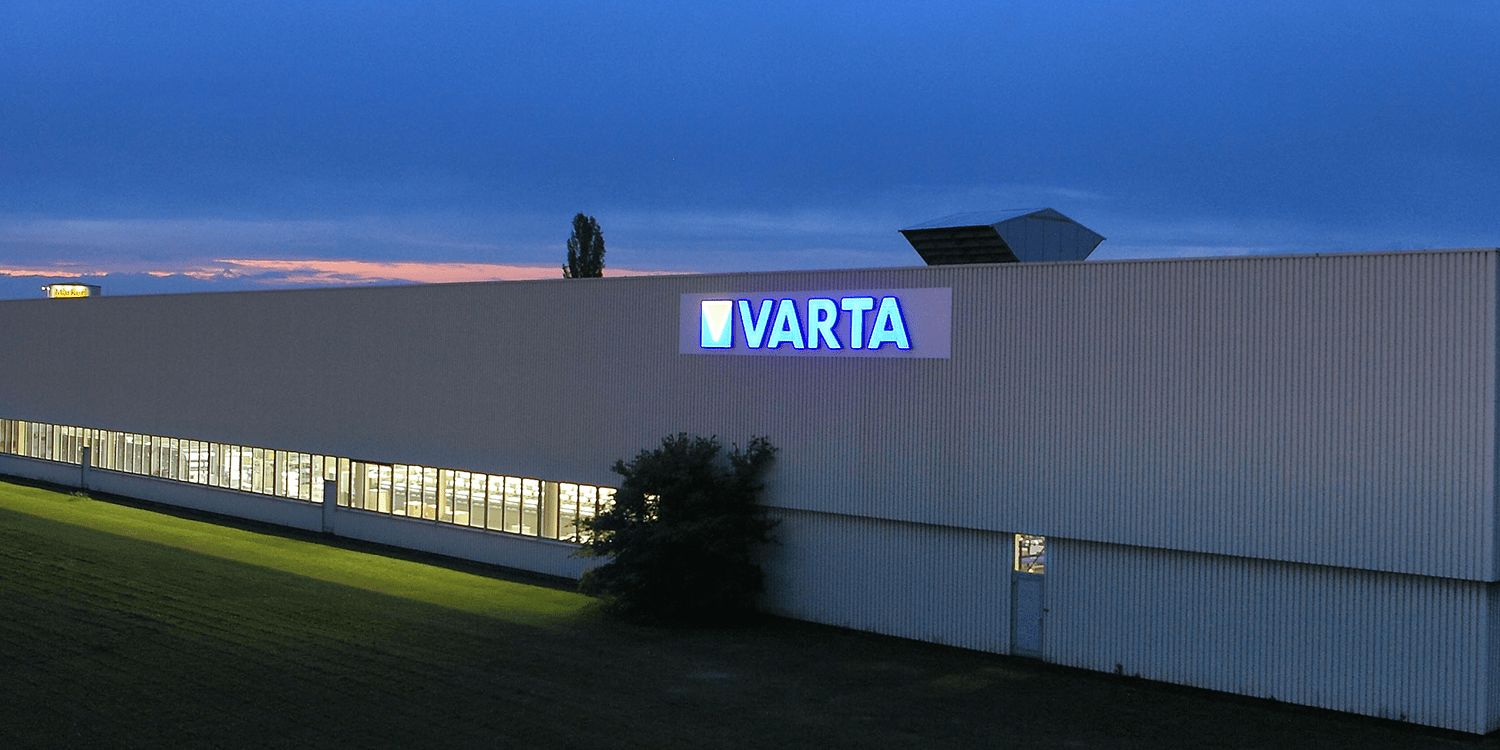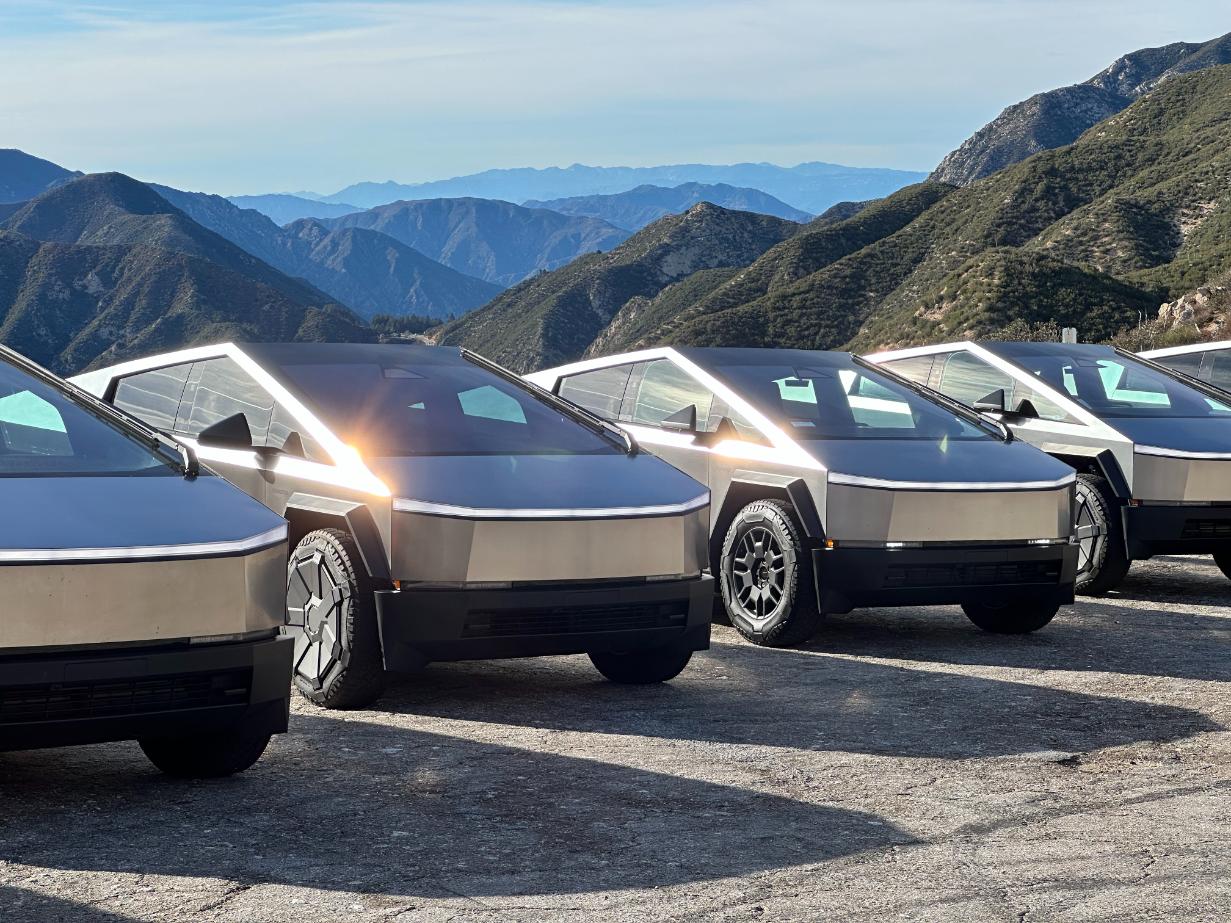Tesla has received pivotal approvals from the Brandenburg State Office for the Environment to proceed with the expansion of its Giga Berlin factory, marking a significant milestone in the company’s ambitious growth strategy.
According to a report by German publication rbb, the approvals enable Tesla to initiate several key construction initiatives, including the establishment of an asphalted logistics area for new vehicles, installation of stairwells at the pressing plant, and implementation of an access guard. Additionally, Tesla plans to integrate renewable energy by installing rooftop solar panels and constructing underground lines.
The expansion aims to double the plant’s capacity, potentially allowing Tesla to manufacture up to 1 million vehicles annually and increase battery production to 100 gigawatt-hours per year.
Despite gaining regulatory backing, Tesla’s expansion plans have not been devoid of controversy. Concerns raised by environmentalists and local groups regarding the factory’s location in a drinking water protection area have persisted. These concerns, echoing past opposition during the factory’s initial construction, remain contentious despite subsequent assessments refuting potential water supply impacts.
Notably, the recent approval excludes permissions for further forest clearing required for Tesla’s proposed railway station within the complex, a contentious issue that has sparked previous protests. By focusing on expanding the existing site without additional forest clearing, Tesla aims to address some environmental concerns and potentially mitigate opposition from local communities and environmental advocates.
The approval allows Tesla to proceed with construction at its own risk while awaiting the official building permit, a strategy reminiscent of its approach during Giga Berlin’s original construction.

